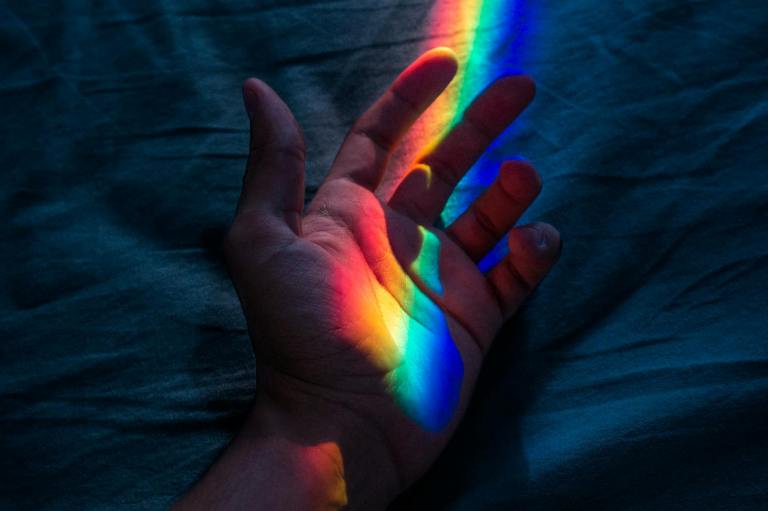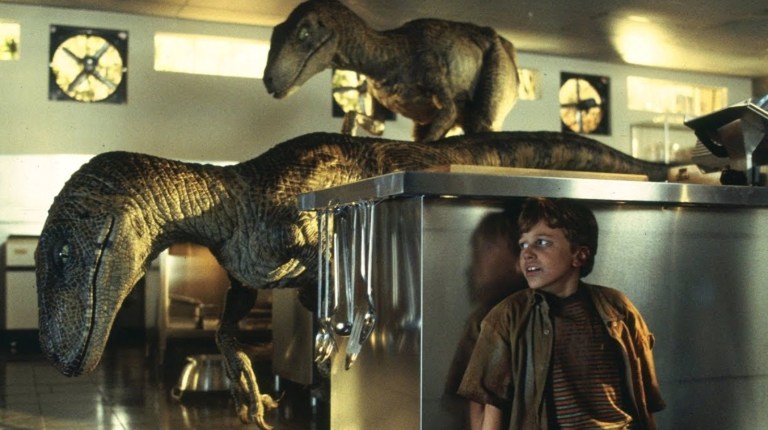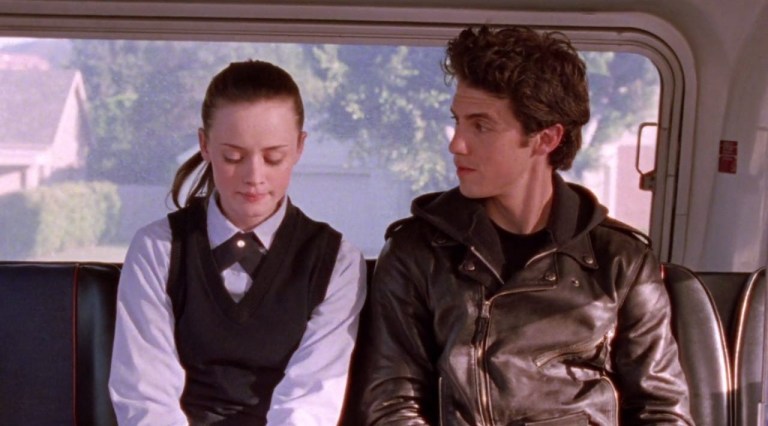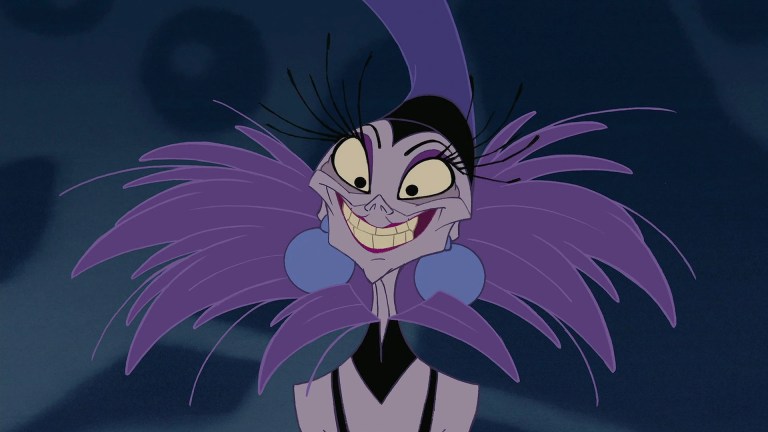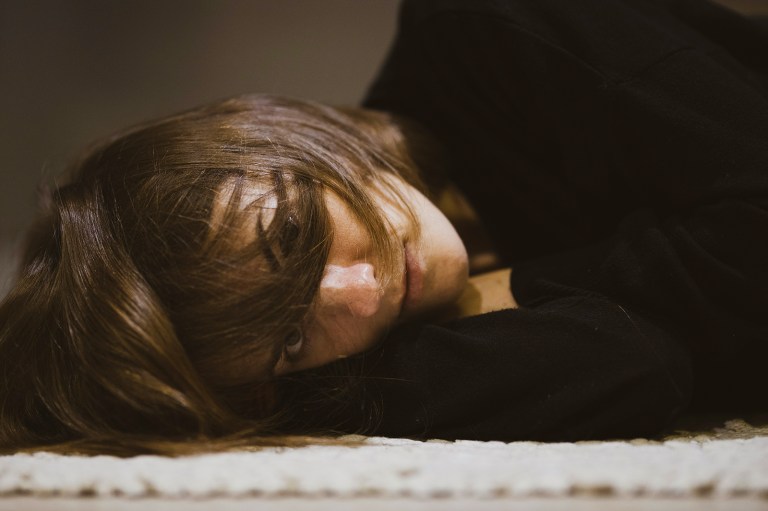
Not Every Girl Is A Princess And That’s Fine
The sad truth is that even if we were to invest all of our time and resources into making ourselves look like somebody else, most of us would not succeed in complying with the ridiculously unattainable beauty standard created by the media.
Ever since I was a child, it has been made clear to me by acquaintances and strangers alike that all women are beautiful. “Every girl is a princess,” the heroine of my favourite film proclaimed and I really wanted to believe her. Princesses were great – they had long flowing hair, smiled constantly and made princes crazy with desire. They also had one-dimensional personalities and a tendency to be ditzy dependent idiots, but I didn’t see that then. I was somewhat puzzled by the ugly witches that also frequented these fairy tales, but I just ascribed their repulsive physiques to their equally repulsive personalities and forgot about it altogether. But as I grew older, I began realising that not every girl was as pretty as the next, and so did everyone else. There was the chubby girl in my class who began getting made fun of for resembling the Michelin man. Then that lanky ginger was dubbed “braces” and the nickname stuck so well that everyone forgot her real name. I even experienced the taunting first hand during my awkward phase, in which I managed to simultaneously sport a scraggly bob, acne and unflattering glasses. How was it possible that some remained princesses, whilst others were suddenly confined to the lower ranks of the primary school social ladder? I was confused, but I did what any smart little girl would do — I took to magazines to seek some answers.
Lucky for me, they were filled with supposedly helpful advice for confused tweens like myself. Overflowing with glossy pictures of smiling models, they regurgitated those childhood whispers — “every girl is a princess”. Or she can be, if she buys this tinted moisturizer and that volumising mascara. And if she eats more salad. They dangled the ideal of being a beautiful princess in front of my face. “Just one more step and you’ll be beautiful!” they cheered me on. I had always wanted to be a princess, but I meant it more literally – before getting into grammar school, I somehow developed an obsession with living in a cottage in the woods, despite my fear of insects and general distaste for spending time outdoors. Regardless, the “princess” label appealed to me and so I began following the magazines’ advice and worrying about my outward appearance.
I felt a little betrayed — why was being a princess such hard work if every girl was one? Skip a decade forward and I still harbour similar feelings. Why did everyone lie to me? Why do they keep doing it? And, most importantly, why aren’t we calling their bullshit? The media gets away with insane bipolarity. On the one hand, they insist that every woman is beautiful. On the other hand, they keep bombarding us with advice on how to mould our bodies and faces to fit the sculpture of the ideal woman, as prescribed by them. Either we are all beautiful in our diversity or there is one beauty ideal, which only a very limited number of women can actually adhere to. The glamazons who grace magazine covers are statistical anomalies, not faithful representations of modern beauty. Of course we can manipulate our looks to an extent – that’s why the gigantic beauty industry insists on making us believe that we can all become beautiful, albeit only if we use all their products and devote all our time to transforming our average selves into pathetic caricatures of Gisele Bundchen. But the truth is that most of us will never resemble supermodels.
When it comes to inner characteristics like intelligence or our sense of humour, we — and everyone around us — seem to be willing to confess our shortcomings. We recognise and accept that not everyone can be the next Nikola Tesla. Most of us even readily admit to our other less desirable traits, such as impatience, jealousy, bossiness or cowardice. The funny thing is that lying about our character would be much easier than pretending that we can all be beautiful. A passerby can clearly see that you are short and cross-eyed, so telling them that you are a Miss World finalist might not go down very well. But they probably have no idea that you cannot tell a joke to save your life and are likely willing to believe you are an accomplished stand-up comedian until proven otherwise. So why doesn’t the media prompt us to work on our character instead? Simple — because they cannot capitalise on making us beautiful on the inside. They can only advertise so many workshops and self-help books before people realise that they all amount to the same thing. Beautifying serums are a whole other story — maybe putting snake venom on our faces will finally make us beautiful? Maybe that newly reformulated caviar cream with 24k gold flakes is exactly what you need to look like a model?
The sad truth is that even if we were to invest all of our time and resources into making ourselves look like somebody else, most of us would not succeed in complying with the ridiculously unattainable beauty standard created by the media. Cindy Crawford once said: “Even I don’t look like Cindy Crawford in the morning.” In other words, even the women whose physical form we are told to aspire to have to be made up and Photoshopped almost beyond recognition to look like “princesses”. No one can embody the current beauty trend without hard work and assistance, because that’s exactly the point — if the ideal were attainable, women would not be willing to throw away ridiculous amounts of money in vain attempts to get a tiny step closer to achieving a goal they can never reach. Stunning physical beauty, just like incredibly high intellect, is the privilege of a chosen few and the sooner we stop pretending that everyone can be physically beautiful, the better. There are so many amazing qualities for women to aspire to — independence, wisdom or courage to name a few – that shining a spotlight on physical beauty alone seems awfully limiting.
It is not and has never been true that “every girl is a princess” — not in the superficial physical sense, anyway. In fact, some of us are more akin to fairy tale witches and not even our hearts of gold can save our faces from being deeply asymmetrical. The sooner we realise that the universality of female beauty is just a convenient lie repeated to us by profit-making businesses and well-meaning aunties, the sooner we will get rid of our feelings of inadequacy and finally make space for the things that really matter in life. Instead of concentrating on their appearance, maybe we should tell little girls something else — like “every girl is worthy of love and respect, regardless of what she looks like”. ![]()
